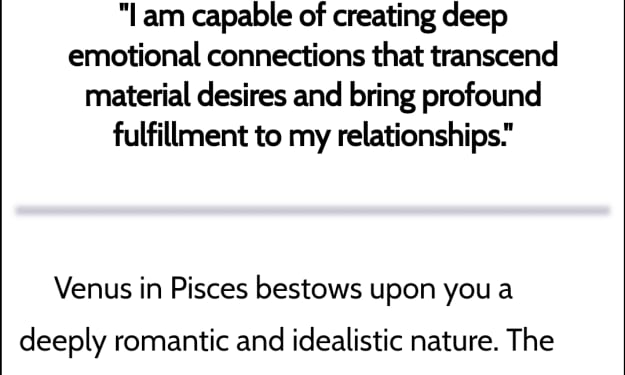Behind the Scenes: How Social Media Is Reshaping the Political Landscape
think

As a keen observer of the ever-changing political landscape, I have witnessed the profound impact of social media on the way politics is conducted, communicated, and consumed. In this article, I aim to delve into the complex relationship between social media and politics, shedding light on its transformative effects and exploring the unique insights that emerge from this dynamic realm. Through personal experiences and observations, I will unravel the intricate web of social media's influence, examining both its advantages and drawbacks in shaping the political discourse of our time.
The Power of Connectivity:
Social media platforms have become powerful tools for political engagement, transcending traditional barriers and connecting individuals from all walks of life. With a single click, users can share their thoughts, opinions, and concerns with a global audience, fostering a sense of community and solidarity. This newfound connectivity has enabled citizens to participate in political discussions, mobilize grassroots movements, and demand accountability from their elected representatives. Never before have individuals had such a direct channel to engage with political issues and express their voices.
Breaking the Gatekeeper Model:
Social media has disrupted the gatekeeper model of information dissemination, challenging the monopoly of traditional media outlets. In the past, news was primarily controlled by a select few, influencing public opinion through curated narratives. However, the rise of social media has democratized the flow of information, allowing citizen journalists, activists, and ordinary citizens to become the bearers of news. Through platforms like Twitter, Facebook, and YouTube, individuals can bypass traditional gatekeepers, sharing firsthand accounts, images, and videos that shape public perception and challenge mainstream narratives.
The Echo Chamber Effect:
While social media offers a platform for diverse voices, it has also given rise to echo chambers, where like-minded individuals reinforce their beliefs without being exposed to alternative perspectives. Algorithms designed to maximize engagement often prioritize content that aligns with users' existing views, creating a filter bubble that can limit the breadth of political discourse. This fragmentation can lead to increased polarization and hinder constructive dialogue, as users may be less inclined to engage with dissenting opinions or consider alternative viewpoints.
The Rise of Misinformation and Fake News:
One of the most significant challenges posed by social media is the proliferation of misinformation and fake news. The speed and ease of sharing information on these platforms make it susceptible to manipulation and the spread of false narratives. Political actors, both domestic and foreign, exploit social media's reach to disseminate misinformation, manipulate public opinion, and influence election outcomes. The lack of fact-checking and the echo chamber effect amplify the spread of falsehoods, eroding trust in institutions and undermining the democratic process.
Online Activism and Social Movements:
Social media has become a catalyst for political activism, providing a platform for marginalized groups to organize, mobilize, and demand social change. Hashtags and viral campaigns have transformed the digital landscape into a powerful arena for raising awareness and amplifying marginalized voices. Movements like #BlackLivesMatter, #MeToo, and #FridaysForFuture have harnessed the viral nature of social media to drive real-world impact, bringing attention to systemic injustices and sparking conversations that transcend online spaces.
The Role of Big Tech and Regulation:
The immense influence of social media giants like Facebook, Twitter, and Google raises questions about their responsibilities in shaping the political landscape. The power to control the flow of information and algorithms that prioritize certain content necessitates scrutiny and regulation. Striking a balance between freedom of expression and mitigating the negative impact of disinformation requires thoughtful policies that promote transparency, accountability, and the protection of democratic values.
Conclusion:
Social media's impact on the political landscape is undeniable, reshaping the way politics is conducted, consumed, and understood. It has provided unprecedented avenues for political engagement, democratized the flow of information, and amplified marginalized voices. However, it also poses challenges such as the proliferation of misinformation, the creation of echo chambers, and the influence of big tech. As we navigate this evolving digital landscape, it is crucial to critically examine the role of social media, address its shortcomings, and harness its transformative potential to foster informed, inclusive, and democratic political discourse. Only through thoughtful engagement and collective efforts can we ensure that social media remains a force for positive change in the political arena.






Comments
There are no comments for this story
Be the first to respond and start the conversation.